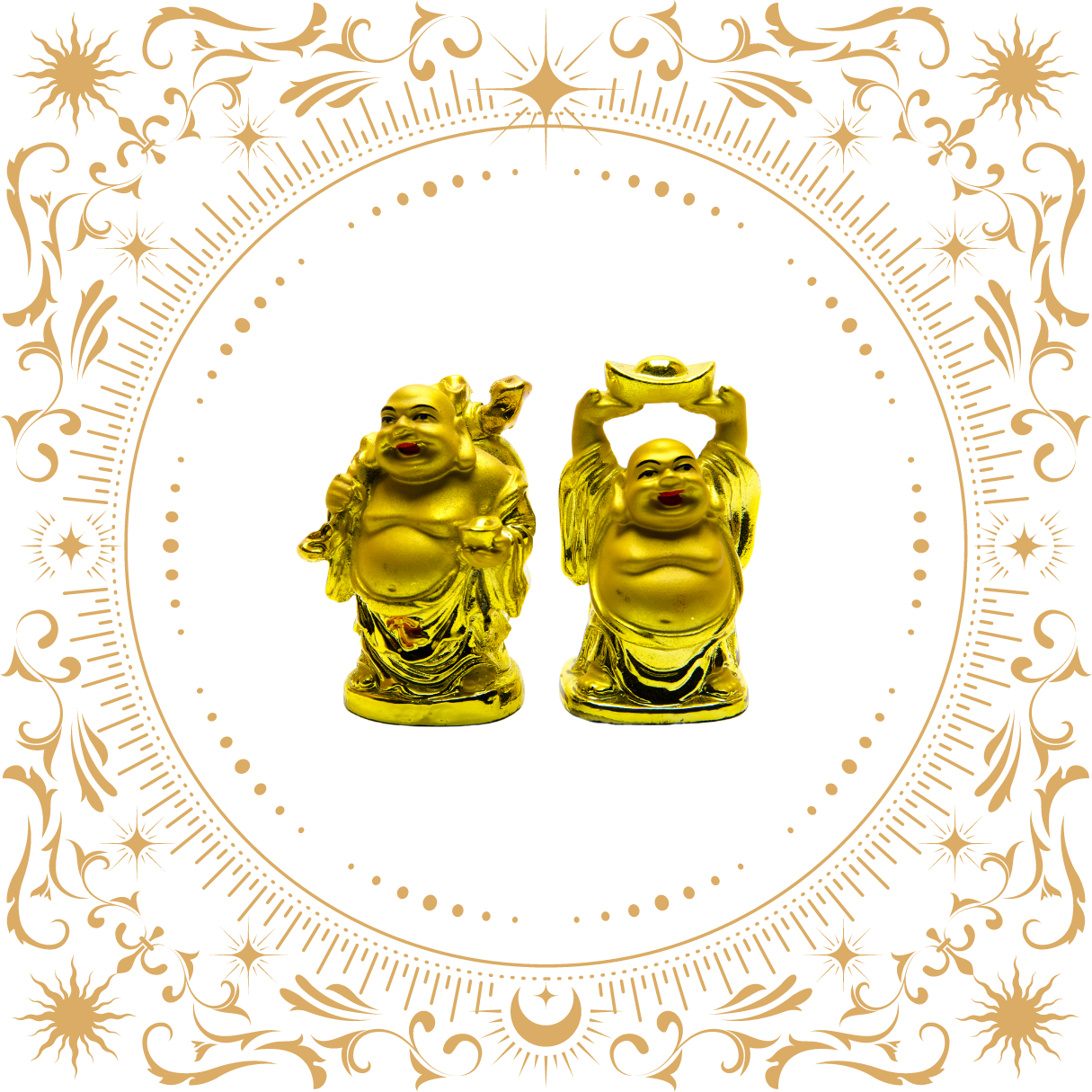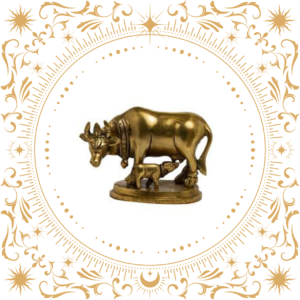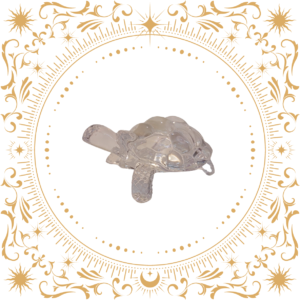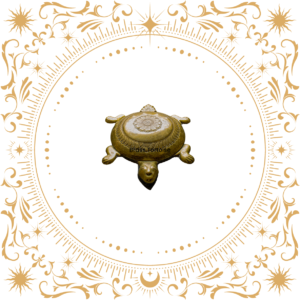The Feng Shui Laughing Buddha, also known as Budai or Hotei, embodies the essence of happiness, abundance, and contentment in Chinese culture and spiritual practice. Depicted as a jolly monk with a large belly and a contagious smile, the Laughing Buddha radiates positivity and joy wherever it is placed. In Feng Shui, the Laughing Buddha is revered for its ability to attract positive energy and abundance, dispelling negativity and promoting harmony in its surroundings. Whether placed in homes, offices, or businesses, the Laughing Buddha serves as a beacon of prosperity and good fortune, encouraging a lighthearted approach to life and reminding us to find happiness in the present moment. Beyond its decorative charm, the Laughing Buddha is a symbol of wealth, generosity, and spiritual fulfillment, making it a cherished addition to any space and a timeless emblem of joyous living
Certainly, here’s a breakdown of the content on Feng Shui Laughing Buddha in points and its uses:
- Symbolism: The Laughing Buddha, also known as Budai or Hotei, is a revered figure in Feng Shui and Chinese culture. He is depicted as a jovial monk with a big belly and a wide smile, symbolizing happiness, abundance, and contentment.
- Positive Energy: Placing a Laughing Buddha statue in your home or workplace is believed to attract positive energy and abundance. The presence of the Laughing Buddha is said to dispel negative energy, promoting harmony and prosperity in the environment.
- Wealth and Prosperity: In Feng Shui, the Laughing Buddha is often associated with wealth and prosperity. By placing a Laughing Buddha statue in the wealth corner (southeast) of your home or office, it is believed to enhance financial luck and opportunities.
- Happiness and Joy: The Laughing Buddha radiates joy and happiness, reminding us to embrace life with a positive outlook. Having a Laughing Buddha statue in your living space can uplift the mood and bring a sense of joy and lightheartedness to the surroundings.
- Contentment and Fulfillment: The Laughing Buddha represents contentment and fulfillment in life, regardless of material wealth. It serves as a reminder to appreciate the blessings we have and to find happiness in the present moment.
- Good Luck Charm: The Laughing Buddha is often regarded as a good luck charm, bringing luck and fortune to those who possess it. It is commonly placed near the entrance of homes or businesses to welcome good luck and blessings.
- Variety of Poses: Laughing Buddha statues come in various poses, each with its own significance. For example, a Laughing Buddha with a sack or bag symbolizes wealth and abundance, while one with a bowl represents generosity and giving.
- Gift Giving: Laughing Buddha statues make thoughtful and auspicious gifts for loved ones, especially during special occasions such as weddings, birthdays, or housewarmings. They convey wishes for happiness, prosperity, and good fortune.
- Cultural Significance: The Laughing Buddha holds cultural significance beyond Feng Shui, being a revered figure in Buddhist and Taoist traditions. His teachings emphasize compassion, generosity, and spiritual growth.
- Care and Placement: To maximize the benefits of a Laughing Buddha statue, it’s essential to place it in a prominent and respectful location. Avoid placing it on the floor or in the bathroom. Regularly dust and clean the statue to maintain its positive energy.
In summary, the Laughing Buddha is not only a charming decorative piece but also a powerful symbol of happiness, abundance, and prosperity in Feng Shui. By incorporating a Laughing Buddha statue into your living space, you invite positive energy, good luck, and joy into your life.





